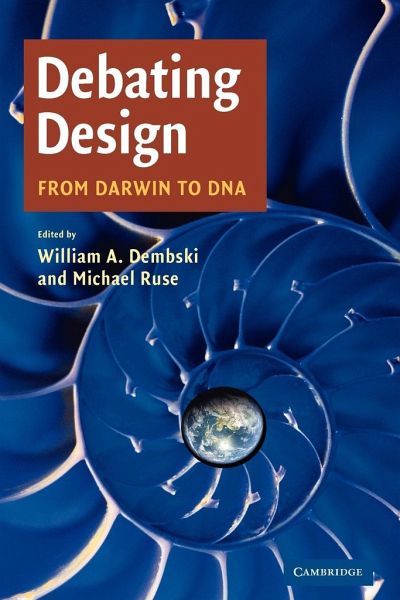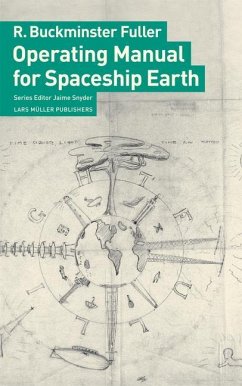
Debating Design
From Darwin to DNA
Herausgegeben von Dembski, William A.; Ruse, Michael
Versandkostenfrei!
Versandfertig in 1-2 Wochen
41,99 €
inkl. MwSt.
Weitere Ausgaben:

PAYBACK Punkte
21 °P sammeln!
In this book, first published in 2004, William Dembski, Michael Ruse, and other prominent philosophers provide a comprehensive balanced overview of the debate concerning biological origins - a controversial dialectic since Darwin published The Origin of Species in 1859. Invariably, the source of controversy has been 'design'. Is the appearance of design in organisms (as exhibited in their functional complexity) the result of purely natural forces acting without prevision or teleology? Or, does the appearance of design signify genuine prevision and teleology, and, if so, is that design empirica...
In this book, first published in 2004, William Dembski, Michael Ruse, and other prominent philosophers provide a comprehensive balanced overview of the debate concerning biological origins - a controversial dialectic since Darwin published The Origin of Species in 1859. Invariably, the source of controversy has been 'design'. Is the appearance of design in organisms (as exhibited in their functional complexity) the result of purely natural forces acting without prevision or teleology? Or, does the appearance of design signify genuine prevision and teleology, and, if so, is that design empirically detectable and thus open to scientific inquiry? Four main positions have emerged in response to these questions: Darwinism, self-organisation, theistic evolution, and intelligent design. The contributors to this volume define their respective positions in an accessible style, inviting readers to draw their own conclusions. Two introductory essays furnish a historical overview of the debate.














